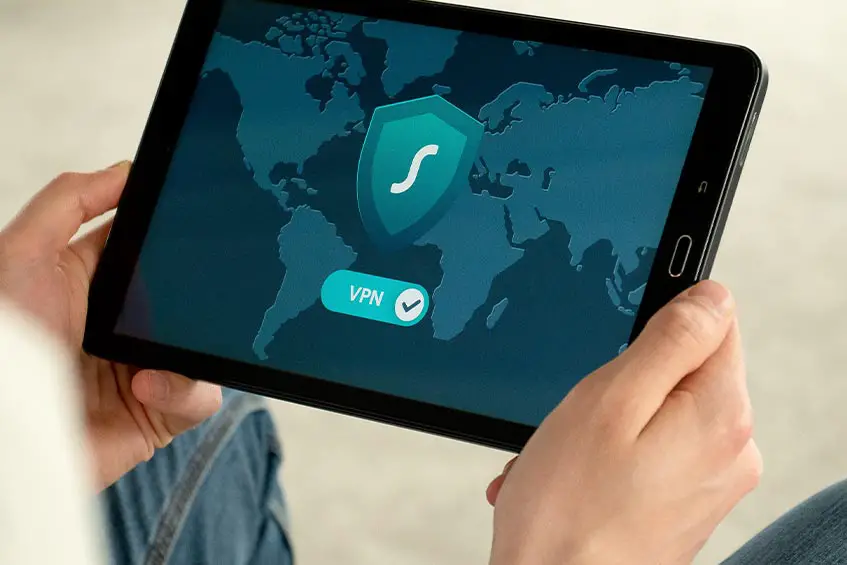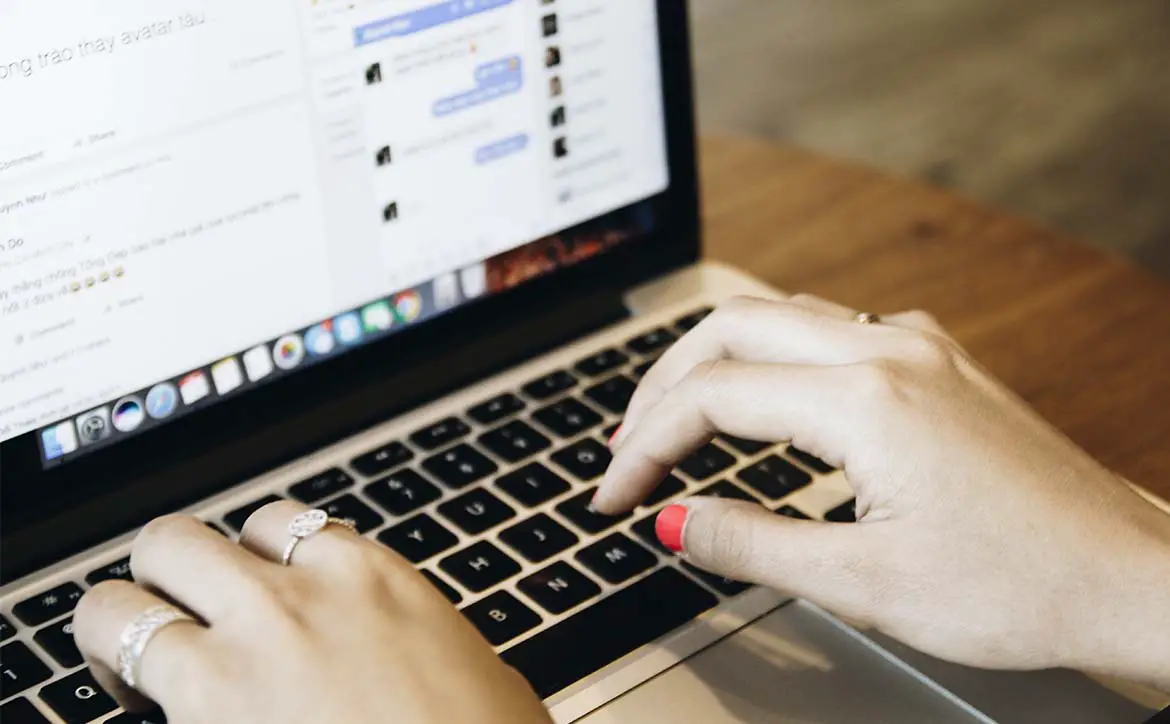The internet can be a scary place. According to McAfee, the first quarter of 2021 alone saw 500,000 identity theft cases in the U.S. With new cyber threats constantly emerging, many people wonder how they can stay safe when surfing the net. Here are seven simple ways to keep your personal data and information safe online.
1. Learn More About Your Systems
Cybercriminals rely on the ignorance of their targets. The more you know about how your systems function, the better you’ll understand how and why attacks happen. For example, the more you know about how cloud computing functions, the better equipped you’ll be to choose the best provider. Start with the basics: Look up “What does HTTP mean?” or “What is SSL decryption?” It might seem daunting, but the more you learn, the safer you’ll be.
2. Avoid Phishing Scams
Phishing scams are one of the most common and dangerous threats. Phishing scams occur when a criminal reaches out via email or phone and pretends to be a legitimate company. Then, they convince their target to enter personal information on a spoofed website. Spoofed websites often have a URL one letter off from the authentic site. Always insist on valid credentials from any person or institution you engage with online. Double-check all web addresses.
3. Never Click on Unfamiliar Links
Phishing isn’t the only trap set by cybercriminals. Another common tactic is to send what appears to be a legitimate email or text message. This message will contain a link. Malicious software (such as ransomware) is often attached to it. Clicking on that link downloads the software and gives the hacker who sent it access to your system. Never click on a link from a source you don’t recognize, especially if it goes right to your spam folder.
4. Install Antivirus and Firewall Software
All of your devices should have antivirus software installed. Free versions of this essential software are available from multiple companies, so cost shouldn’t be a barrier. If you own a business and deal with high volumes of email traffic, adding a firewall can augment your security. These devices (or programs) filter emails as they travel to and from your network. The more comprehensive your defenses, the lower the probability is of them suffering a breach.
5. Use a Virtual Private Network
A virtual private network (VPN) is another helpful security tool in keeping your personal data safe. A VPN creates a secure (and often encrypted) link between your device and the internet. Think of it as a sort of tunnel. The VPN keeps your computer’s address and activities hidden while you surf. A VPN isn’t perfect, and the quality and caveats vary according to the provider, but they make a worthwhile extra layer of security.

6. Create Strong Passwords
Recent research found that 30% of data breach incidents could be linked to weak or compromised passwords. Users often make passwords far too easy to remember. Passwords should be around 12 characters in length at a minimum. Mixing capital and lowercase letters with numbers and symbols will strengthen them further. A password should never reflect a personal fact. It also shouldn’t be used on more than one site. These measures might seem onerous, but they make the criminal’s job harder.
7. Destroy Before You Discard
One of the most lucrative sources of personal information doesn’t come from the internet. It comes from your garbage can. The best cybercriminals start with dumpster diving for information. Receipts, bank statements, invoices, and especially written-down passwords are a treasure trove of identity data. Destroy documents that contain any personal information, however innocuous they may seem, before throwing them away. Even the most inconsequential facts can help piece together your identity.
Identity theft is common. That doesn’t mean it’s inevitable. Keep these simple strategies to keep your personal data safe in mind, and you’ll decrease your chance of becoming a victim of cybercrime.










